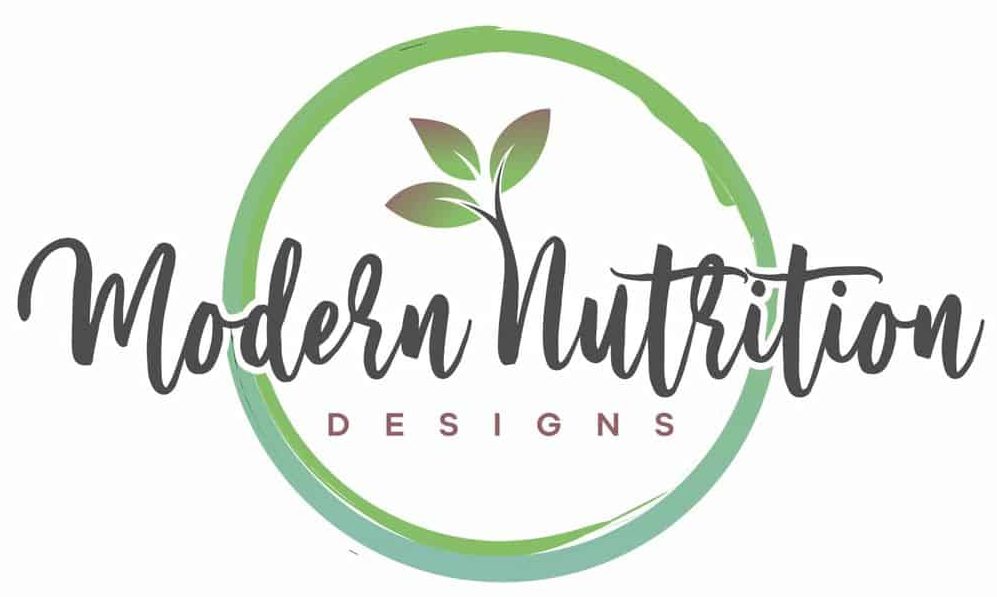Protein requirements change significantly during pregnancy. People tend to perceive meat as the primary dietary source of protein but there are a variety of other, healthier options. More and more pregnant women are considering alternative diets due to the recent surge in nutrition research and education
Pregnant women who do not consume meat can reach their daily protein requirements by eating legumes, whole grains, vegetables, nuts, seeds, dairy, and eggs. Plant-based sources of dietary protein contain similar amounts, and sometimes more protein than meat and other animal sources, such as dairy and eggs.
The recommended daily intake (RDI) for women who are not pregnant or nursing is 46 grams of protein. Pregnant women are instructed to increase their protein intake by a whopping 25-28 grams during the second and third trimesters.
These increased protein requirements provide the essential amino acids needed for the baby’s rapid growth and development during the later stages of gestation.
Meat vs alternative protein sources
The following foods are considerably high in protein and may provide an adequate daily recommended intake for pregnant women.
You will notice the considerable similarities in protein quantities between typical sources of meat-based protein and those from plants, eggs, and dairy.
| Meat-based protein source | Protein (g) | Alternative Protein Source | Protein (g) |
|---|---|---|---|
| bacon (1 oz) | 9 g | chickpeas, boiled (1 cup) | 15 g |
| ground beef (3 oz) | 21 g | lentils,boiled (1 cup) | 18 g |
| chicken breast (3 oz) | 26 g | lupini beans, boiled (1 cup) | 26 g |
| Atlantic cod (3 oz) | 19 g | mung beans, boiled (1 cup) | 14 g |
| roasted ham (3 oz) | 21 g | soybeans, dry roasted (1 cup) | 40 g |
| hot dog (1) | 7 g | seitan (3.5 oz) | 25 g |
| shrimp (3 oz) | 12 g | nutritional yeast (1 oz) | 14 g |
| tuna (3 oz) | 17 g | hemp seeds (1 oz) | 10 g |
| ground turkey (3 oz) | 23 g | quinoa, cooked (1 cup) | 9 g |
| ground pork (3 oz) | 22 g | wild rice, cooked (1 cup) | 7 g |
| duck (3 oz) | 17 g | dairy yogurt (6 oz) | 5 g |
| lamb (3 oz) | 21 g | dairy milk (1 cup) | 13 g |
| salmon (3 oz) | 21 g | egg (1) | 6 g |
The green text highlights dietary protein sources from plant foods while the rest are obtained from animal sources.
As displayed in the data above, plant-based protein sources provide just as much protein per serving (if not more) than meat-based sources.
Dairy and eggs may also provide sufficient amounts of protein when consumed regularly. These foods, however, come with similar health risks as you would experience from meat consumption.
When deciding to cut meat out of your diet for health purposes during pregnancy, you may also consider removing other harmful substances like dairy, eggs, and highly refined processed foods.
If you are removing meat from your diet for reasons aside from health, then perhaps you would be interested in obtaining your protein from other less-than-optimal sources, i.e. eggs, dairy, and highly processed fortified foods.
Overly processed fortified foods are things like commercial breakfast cereals, protein shakes or powders, commercial protein bars, and many vegan analogs.
Vegan cheeses, plant-milks, hot-dogs, sausages, burgers, ice creams, yogurt, and other substitutions may provide high amounts of protein and other nutrients through fortification processes or through the use of refined soybeans (or both).
Fortified foods are those that have nutrients added to them that don’t naturally occur in the food. These foods are meant to improve nutrition and add health benefits. For example, milk is often fortified with vitamin D, and calcium may be added to fruit juices.
Although fortified foods may be useful sources of essential nutrients when healthier options are unavailable, it is always best to obtain your nutrients from real, whole food.
Overall, there are many ways to obtain adequate amounts of protein during pregnancy without consuming meat. For the benefit of your unborn child, (and your own) however, it would be in your best interest to get your protein from dietary sources that provide the greatest benefits with the least harm.
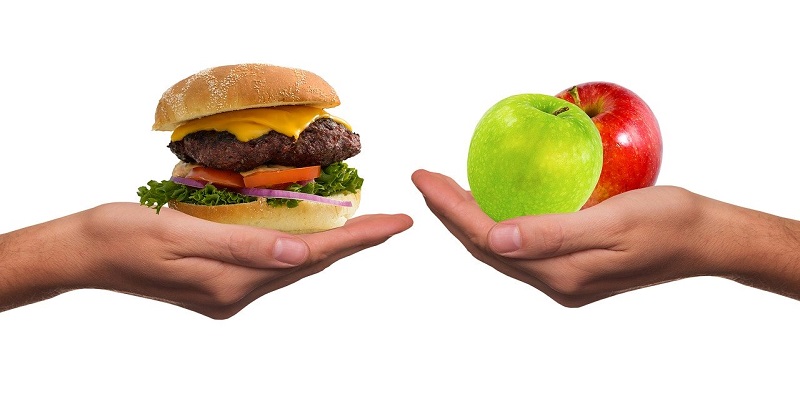
Benefits of choosing plant-based protein sources
There are a number of benefits to choosing plant-based sources of protein. Plants contain health-promoting components that animal products do not.
For instance, plants contain fiber, phytochemicals, antioxidants, sterols, stanols, and certain vitamins and minerals that are scarcely (or never) found in animal foods.
Keep in mind that these components are best received in whole foods vs supplements or powders, as they work synergistically to promote health and wellbeing.
Consuming plant proteins from whole foods will lead to dramatic reductions in disease outcomes such as diabetes, cancer, stroke, dementia, and heart disease.
They will also provide the necessary building blocks and nutrition required for your developing fetus.
When consuming plant protein in place of animal proteins you get the added weight loss and weight management benefits. The baby weight doesn’t stick around long postpartum when embracing a diligent plant-based lifestyle.
These proteins are contained in foods that are significantly less calorie dense than animal-based alternatives.
For example, 3 ounces of ground beef comes out to about 279 calories, while lupini beans only contain 197 calories per serving. That’s nearly 100 calories less than the animal-based option, but with 5 additional grams of protein!
The fiber found in plant foods is extremely conducive to maintaining a lean, healthy body for a number of reasons.
For instance, fiber feeds your beneficial gut bugs. These bacteria help to regulate numerous metabolic processes, such as glucose regulation, the release of fat-storage molecules, your resting metabolic rate, bowel regularity, and hunger drive.
Fiber also provides a mechanical function by bulking up your food and helping your stomach receptors receive signals of fullness. This is the same bulk acted upon your stools to promote bowel regularity.
Pregnancy has been known to cause constipation in a high percentage of women. Adding fiber to your diet in the form of whole plant foods will significantly decrease your likelihood of experiencing symptoms and occurrences of constipation during gestation.
For more in-depth information about the long-term benefits of consuming a plant-based diet click here to read Why Plant-based Diets are Best for Long-term Health & Longevity.
Cons of consuming animal-based protein sources
By obtaining your protein from plants, you also steer clear of the harmful components found in meat and other animal foods, such as saturated fat, cholesterol, antibiotics, preservatives, high concentrations of environmental contaminants, and trans fat.
All of which are harmful to you and your growing baby.
High levels of dietary saturated fat in the blood is the number one culprit seen in individuals suffering from heart disease and other bodily dysfunctions brought about by arterial blockages. This could be anything from cancer and diabetes to obesity and dementia.
Our circulatory system requires an ongoing flow of blood to provide our cells and tissues with nutrients and oxygen, while simultaneously removing intracellular toxins and carbon dioxide.
These processes become especially important when we are developing a living, breathing being in our womb.
For more information on the effects of consuming meat and other animal products on pregnancy outcomes, you can refer to my earlier article titled Plant-based Pregnancy: Insider How-tos, Benefits, & Myths.
For a full analysis of the pros and cons of eating a vegan diet vs consuming a nonvegetarian diet (a diet that includes meat), you should click here to read my previous post titled Why a Plant-based Diet is Healthier than Eating Meat.
Complete vs incomplete protein
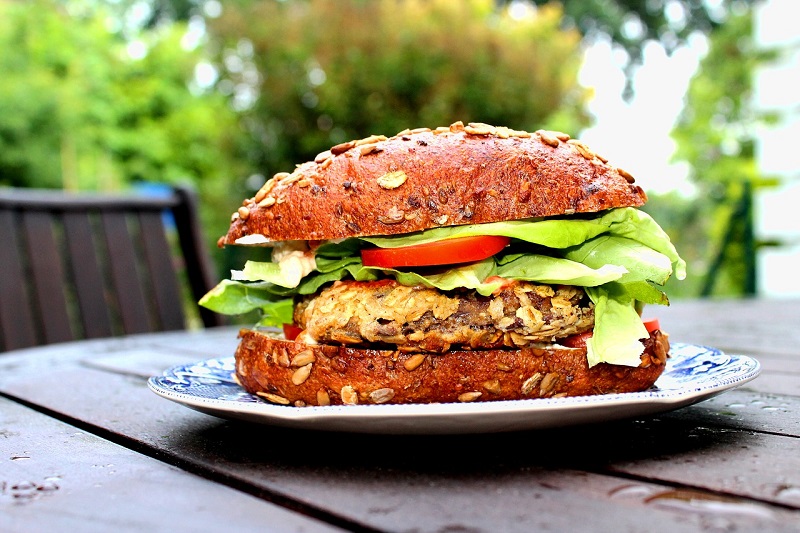
Amino acids have been termed the organic “building blocks” of protein. There are 20 total amino acids that our body’s need to function properly.
11 of these amino acids are made by our bodies, which means there is no need to acquire these from dietary sources. The other 9, however, must be obtained from foods we eat regularly.
There is much debate surrounding the “plants are inferior to meat because they provide incomplete protein” myth.
A food is considered a complete protein when it contains the nine essential amino acids that our body cannot produce on its own.
Meat (beef) is a complete protein. Other sources include:
- Fish
- Poultry
- Eggs
- Pork
- Dairy
- Whole sources of soy (tofu, edamame, tempeh, miso)
Incomplete proteins are found in foods that contain some but not all of the essential amino acids, and in various amounts.
Most plant foods contain incomplete proteins. Examples include:
- Legumes (beans, peas, lentils)
- Nuts
- Seeds
- Whole grains
- Vegetables
Why you should NOT be concerned about consuming complete proteins
There is no advantage to consuming all 9 essential amino acids in one particular food over consuming the 9 essential amino acids in a variety of foods throughout your day.
Amino acids can usually be recycled in the gut and stored in the body. You will very rarely hear of an amino acid deficiency because it is so unlikely.
“Including a wide variety of plant foods such as legumes, lentils, nuts, seeds and whole grains on a daily basis will allow for you to get the complete protein you need.”
CleavelandClinic.org
How to incorporate healthy plant-based protein sources into your diet regularly
The vegan plate outlined by Brenda Davis RD and Vesanto Melina RD, is a great resource for obtaining adequate vegan nutrition at each meal within a given day.
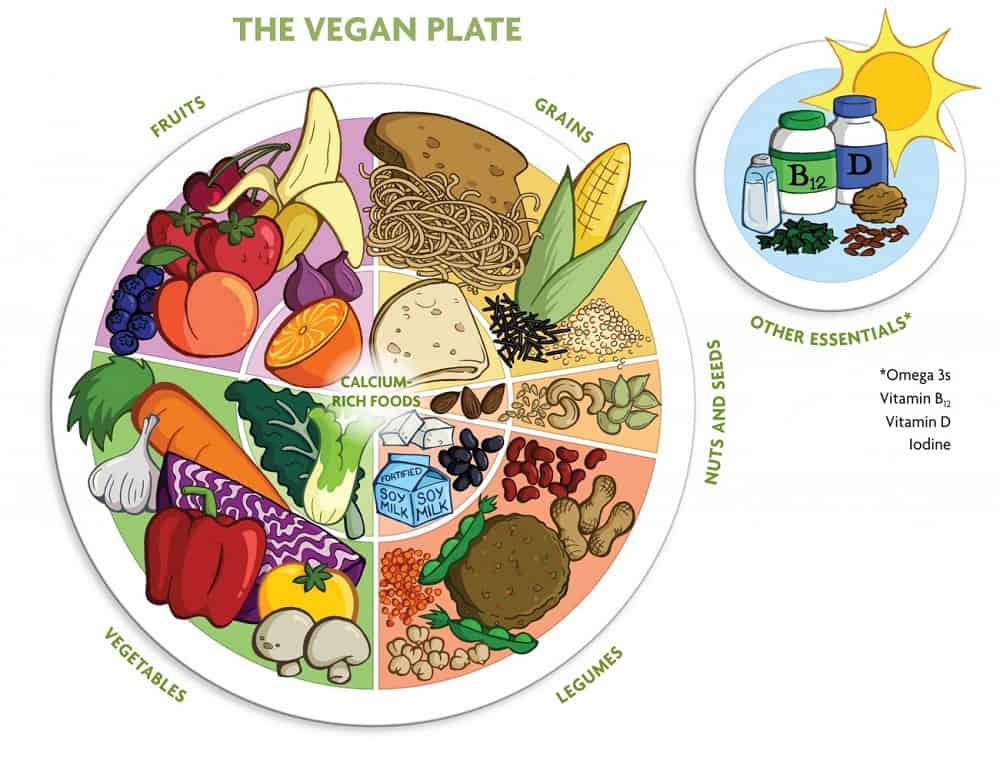
This resource recommends at least 5 servings of vegetables, at least 4 servings of fruit, 3 or more servings of both grains and legumes, and at least one serving of nuts and seeds.
For specific quantities on what constitutes a serving click here to visit their home page.
By following these general guidelines and ensuring you receive a variety of plant foods each day you will have no concerns about obtaining adequate protein requirements for you and your baby.
A general rule of thumb is to replace every three ounces of meat you would normally use for 1/2 cup of legumes (beans, peas, split peas, and lentils) or a half cup of grains (quinoa, oats, rice, wheat, rye, barley).
These substitutes will provide a generous amount of protein per serving.
Another thing to keep in mind is that you don’t want to over-do it when it comes to protein. Excessive amounts of amino acids put a lot of strain on the liver and kidneys.
Protein powders, even those made from plants, as well as other artificially concentrated sources of protein are unnecessary.
As long as you eat a variety of plant foods you will obtain more than enough protein to fulfill the needs of you and your developing baby.
Healthy meatless breakfast options
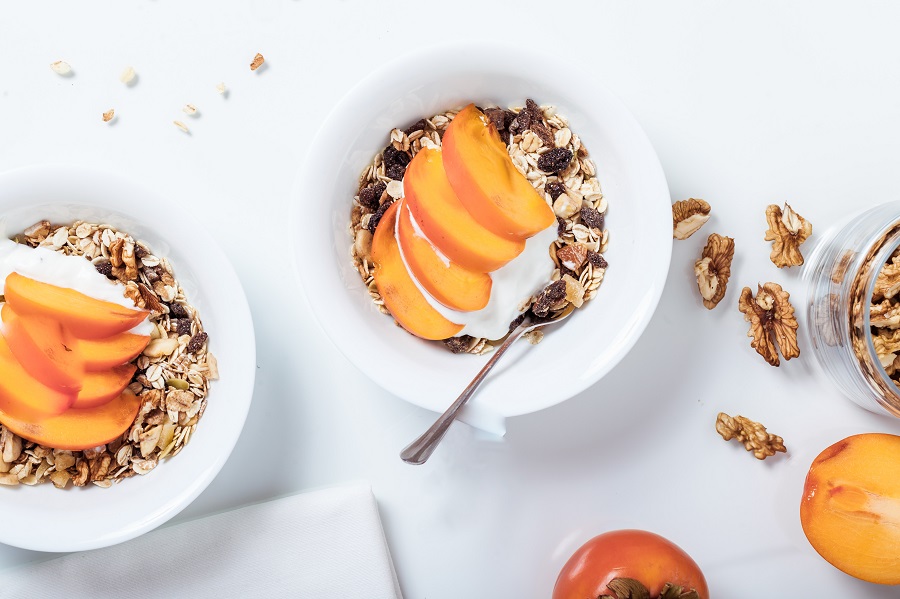
Depending on whether you prefer sweet or savory foods in the morning (or whenever you eat first after waking) there are many healthy meal varieties that contain sufficient amounts of protein without including meat.
Oatmeal is a fast and easy go-to for many vegetarians. A single cup of oatmeal provides 6 grams of protein and 5.4 grams of fiber. Oatmeal is also a great source of iron, selenium, calcium, potassium, zinc, magnesium, phosphorus, and B vitamins.
You can alternate your oatmeal with different versatile grains throughout the week, such as buckwheat, sorghum, and quinoa. Adding plant milk, seeds, nuts, and natural nut butter to the dish will also increase protein content. Top with fresh or frozen fruit.
Tofu scrambles and omelets are other easy options for high protein meatless breakfasts. Add sautéed onions, spinach, garlic, mushrooms, bell peppers, nutritional yeast, and turmeric for even more nutrition and flavor.
You might enjoy some buckwheat pancakes topped with pecans and maple syrup or blackstrap molasses. Whole-grain muffins can provide a convenient and nutritious breakfast on-the-go for busy Mommies.
Healthy meatless lunch & dinner options
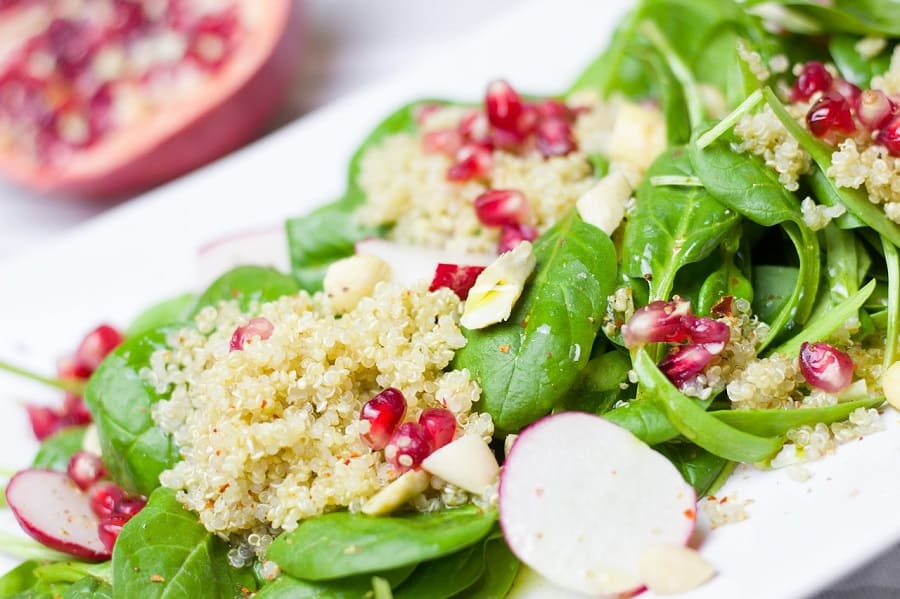
High protein lunch meals that do not contain meat will take some getting used to, but the taste adaptation is well worth the health pay-offs.
Some people choose to simply swap out meat-based meals with beans , lentils, tofu, or tempeh. For example, instead of preparing beef burritos you can make brown rice and black bean burritos.
Or you can use chickpeas and edamame in place of chicken in stir fry, green lentils instead of ground beef in chili, red lentils in place of beef in spaghetti and lasagna, and kidney or cannellini beans as a meat replacement in soups and stews.
If you like to pack sandwiches for work try a tasty hummus spread on Ezekiel bread with tomatoes, cucumbers, and broccoli sprouts.
My favorite vegetarian meal is a giant salad or Buddha bowl full of colorful fruits and veggies, then topped with some kind of bean, lentil, and whole grain.
I alternate my legumes and grains every few days to include varying vitamins and minerals. Some of my usual combos are jasmine rice with edamame, teff with green lentils, chickpeas and quinoa, and sorghum with red lentils.
Healthy meatless snack options
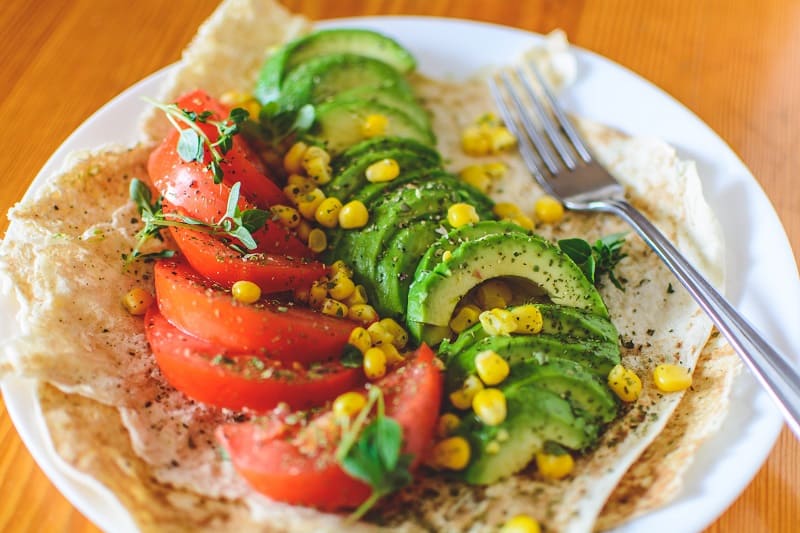
Plant-based snacks can be prepared ahead of time for added convenience.
Always have a variety of chopped veggies on hand to have with oil-free hummus, or nut-based dip.
Add natural nut-butter to whole-grain toast or fresh fruit and veggies, such as apples, bananas, celery,
Top off a baked sweet potato with salsa and black beans or cinnamon and pecans.
Combine 1/2 cup of cooked quinoa with fresh or frozen berries then drizzle with aged dark-chocolate vinegar.
Steam up a huge plate of mixed veggies. Play around with herbs and seasonings. These add not only flavor but impressive health benefits as well.
Mixed nuts and seeds are easy to throw together for traveling snacks.
Homemade granola can be made with varying nuts, seeds, dried fruit, natural sweeteners, and rolled oats.
Dehydrated fruits are also nutritious options, such as dried papaya, pineapple, banana, dates, prunes, apricots, Goji berries, currants, cherries, raisins, and cranberries.
For more information on where vegans (people who don’t consume animals nor their products) get their protein click here to be sent to my previous article titled Can Vegans get Enough Protein from Their Diet? How to tell.
